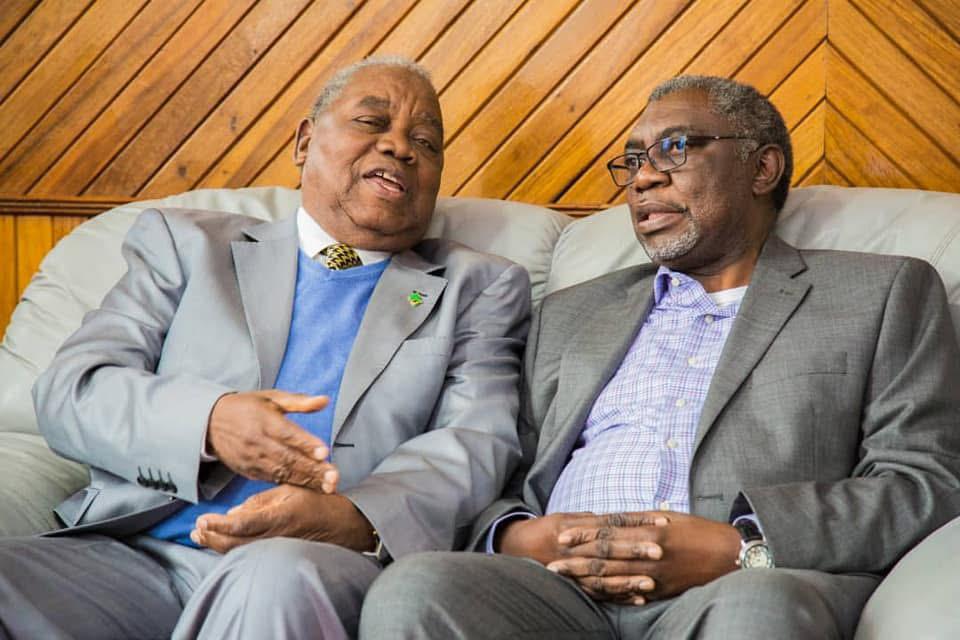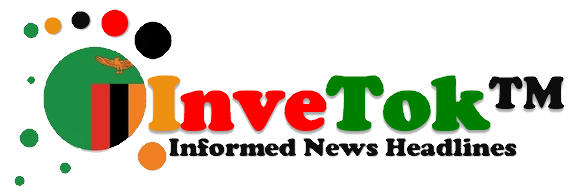A Constitution for every tongue, bridging the language gap
In the grand scheme of governance, one document stands supreme, the Constitution. As the backbone of Zambia’s laws and liberties, it outlines the rights and responsibilities of every citizen, serving as the ultimate reference point for justice, equality and freedom. However, a pressing question lingers, can a constitution truly be supreme if its language is […] The post A Constitution for every tongue, bridging the language gap appeared first on Lusaka Star.

In the grand scheme of governance, one document stands supreme, the Constitution. As the backbone of Zambia’s laws and liberties, it outlines the rights and responsibilities of every citizen, serving as the ultimate reference point for justice, equality and freedom.
However, a pressing question lingers, can a constitution truly be supreme if its language is inaccessible to many? Prominent lawyer and State Counsel Sakwiba Sikota believes not, advocating for a groundbreaking shift , translating the Zambian Constitution into all local languages.Sikota’s impassioned plea stems from a simple yet profound realization that language matters.
“The Constitution is something very important; it’s the foundation of our country,” he emphasizes. “Every Zambian should have access to it and understand it.” This is not just a matter of civic duty; it’s about empowerment. When citizens comprehend their rights and responsibilities, they can actively participate in shaping their nation’s future.
While English is Zambia’s official language, Sikota argues that this should not limit access to the Constitution. Court procedures already acknowledge the significance of language, allowing individuals to choose the language they are addressed in.”You cannot expect people to fully comply with or be judged by laws they cannot understand,” Sikota notes.
By translating the Constitution into local languages, Zambia can ensure that every citizen, regardless of their proficiency in English, can engage with the document that governs their lives.
This initiative is especially crucial when considering constitutional amendments. “You cannot say there has been adequate debate if people have no access to what is being debated, especially if it is in a language they don’t fully comprehend,” Sikota warns.
By making the Constitution accessible in local languages, Zambia can foster a more inclusive and participatory democratic process.
Sikota pointed out that for the Constitution to be truly effective and respected, it must be understood and accepted by all citizens. “We must not make light of it,It is a very important document,” he stresses.
Translating the Zambian constitution into local languages is a crucial step towards promoting inclusivity, civic engagement and democratic participation, ensuring that the supreme law is not just a document for the few, but a living breathing guide for all.
The post A Constitution for every tongue, bridging the language gap appeared first on Lusaka Star.

 Comrade
Comrade 





